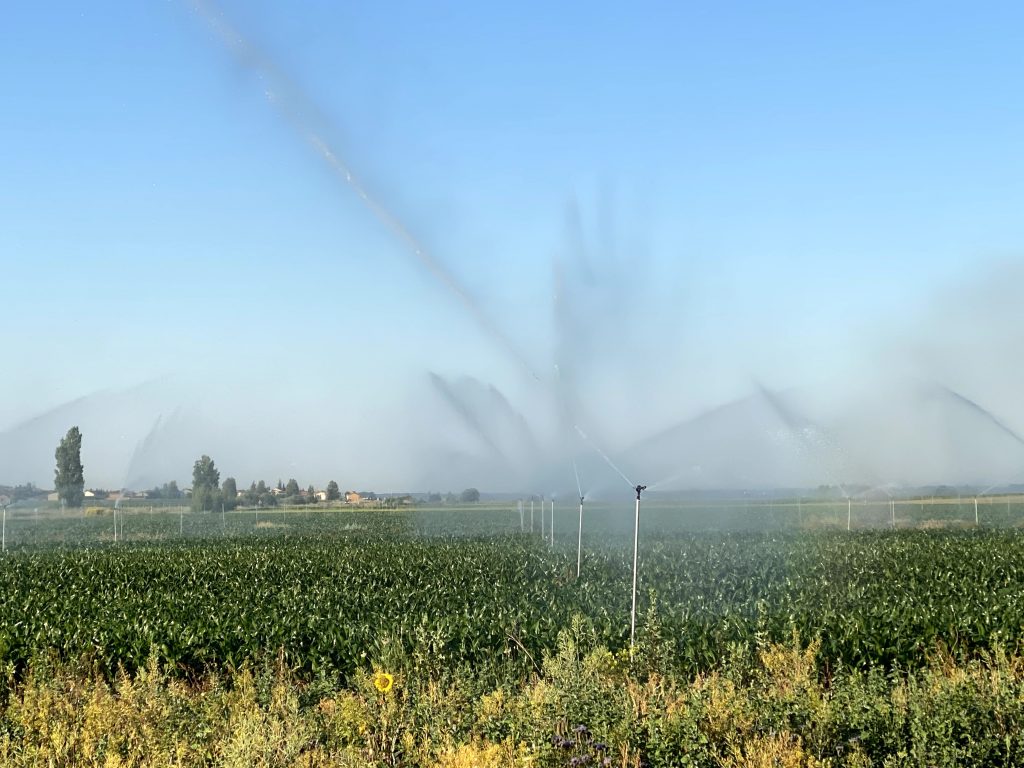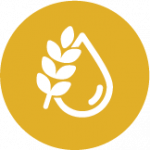PILOT 1.1 & 1.2 Water and Energy Savings in Irrigated Crops

CHALLENGE
With the impact of climate change being felt by farmers across the EU, the need for irrigation has become an increasing issue. Water saving and energy saving are also key challenges for farmers. Many of the national modernised irrigation systems are closed solutions, limiting their interoperability and extension mechanisms.
AIM
This pilot aims to optimise the irrigation of arable crops by improving the automation of irrigation zones. By using open and standards-based technologies, it will allow irrigation communities to choose and combine hardware and software from different providers ensuring interoperability.
HOW
Using interoperable remote-control systems and robust management systems, inputs from both soil sensors and meteorological stations, as well as satellite images, will optimise the irrigation system. The use of real-time monitoring and control of water supply, in combination with energy efficiency improvements, is based on informed decisions from farm to fork. The adoption of standards and open protocols makes it easy to integrate IoT devices which are standard compliant.
BENEFIT
The implementation of standards-based and interoperable elements will facilitate the exploitation and maintenance of irrigation systems achieving greater efficiencies in water and energy savings. This adds a level of long-term investment security.

Arable Crops
FOCUS: Water and Energy Management.
LOCATION

Spain
PARTNERS



Pilot projects run under pilot cluster one:
Pilot 1.1 & 1.2 - Water and Energy Savings in Irrigated Crops
Water and Energy Savings in Irrigated Crops
With the impact of climate change being felt by farmers across the EU, the need for irrigation has become an increasing issue. Water saving and energy saving are also key challenges for farmers.
Pilot 1.3 - Smart Irrigation Service in Rice & Maize Cultivation
Smart Irrigation Service in Rice & Maize Cultivation
Rice is a high-input cultivation, especially in terms of irrigated water needs. Rice farmers frequently crop-rotate with maize, which also has substantial needs for irrigated water during the cultivation season.
Pilot 1.4 - IoT Corn Management & Decision Support Platform
IoT Corn Management & Decision Support Platform
Inefficient fertiliser practices and the demand for irrigation water contribute to environmental impacts, such as rising greenhouse gas emissions (GHG) and poor water quality.


